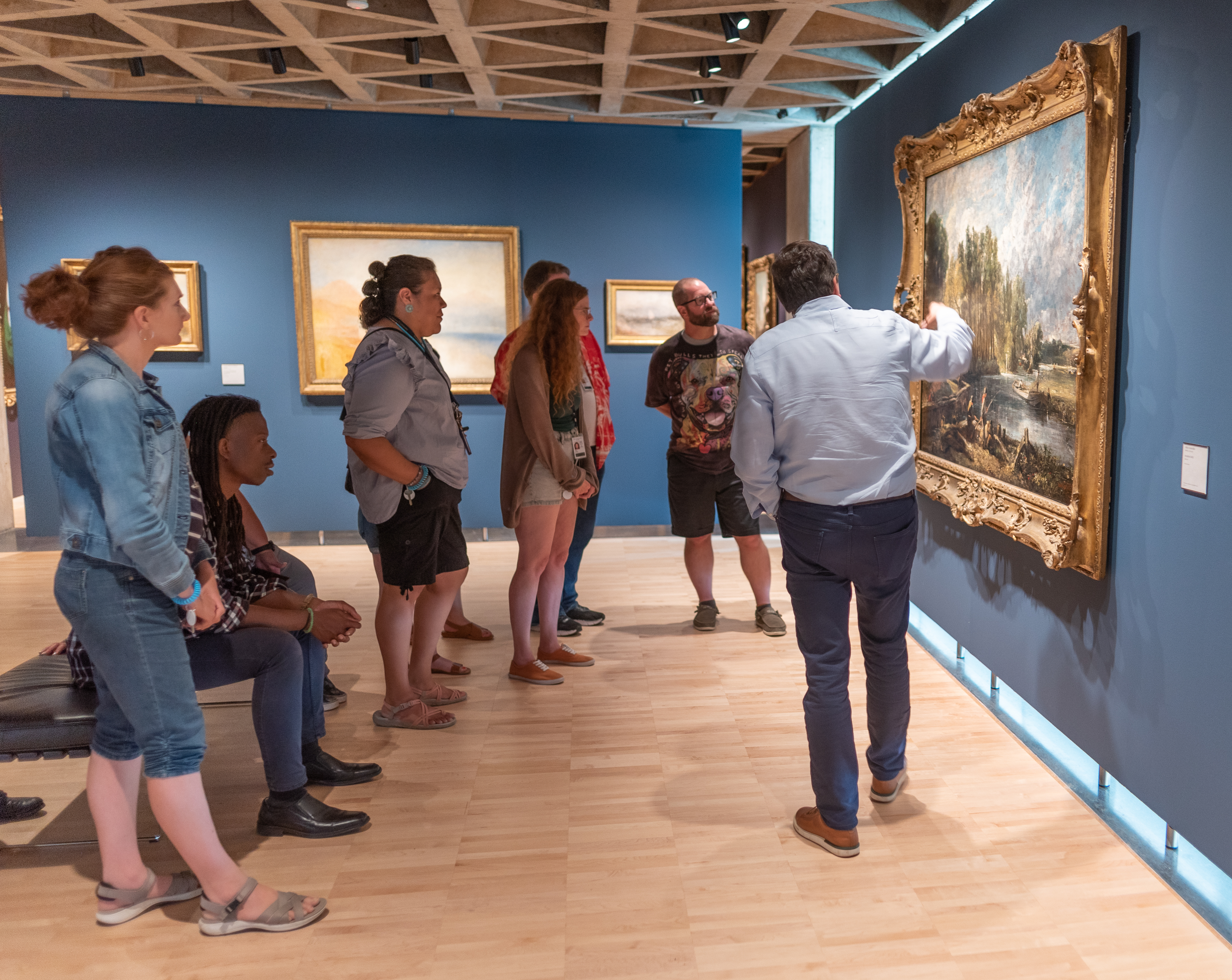- Login
- Home
- About the Initiative
-
Curricular Resources
- Topical Index of Curriculum Units
- View Topical Index of Curriculum Units
- Search Curricular Resources
- View Volumes of Curriculum Units from National Seminars
- Find Curriculum Units Written in Seminars Led by Yale Faculty
- Find Curriculum Units Written by Teachers in National Seminars
- Browse Curriculum Units Developed in Teachers Institutes
- On Common Ground
- Publications
- League of Institutes
- Video Programs
- Contact
Have a suggestion to improve this page?
To leave a general comment about our Web site, please click here
Mapping Change: How Colonialism Changed a Man, His Community, and His Culture
byAnne Marie EspositoTo appreciate and value a culture an individual needs to experience it and that is what Chinua Achebe allows a reader to do in his novel, Things Fall Apart. This unit helps students see how a Eurocentric view of the world and its peoples allowed European nations to systematically expand their influence and control in Africa even though it was populated by many tribes who had an established and civilized way of life. Through their study of various European maps, students will learn that maps have a purpose and point of view. Often the maps we have been shown support a belief that Africa was in need of European governance and that the European powers were on a humanitarian mission to save the people of Africa. After examining these maps students will know that maps can alter the way someone or someplace is perceived since maps can reveal as well as hide information. As they read Things Fall Apart, students will learn, as Achehe intended, that the people of Africa had a rich and sophisticated tribal society worthy of recognition and respect. Through Okonkwo, students will uncover the traditions and values of Igbo society and its rich oral traditions.
(Developed for English, grade 12; recommended for English, grade 12)




